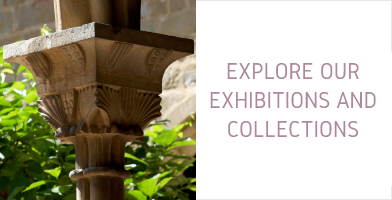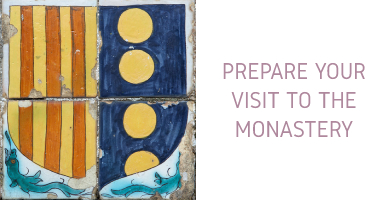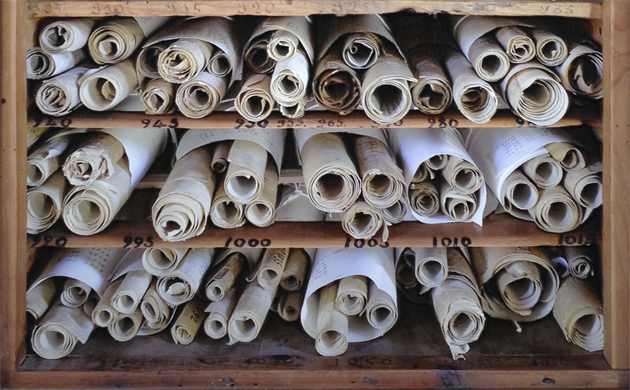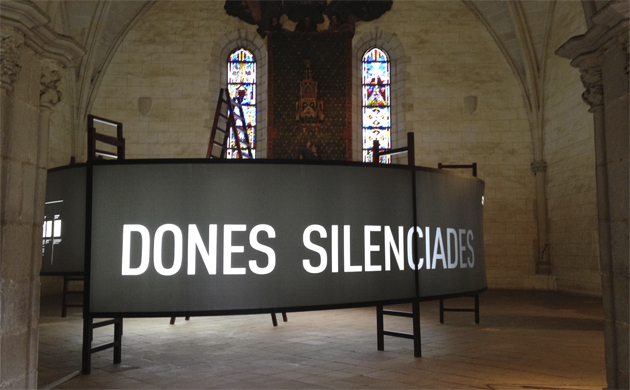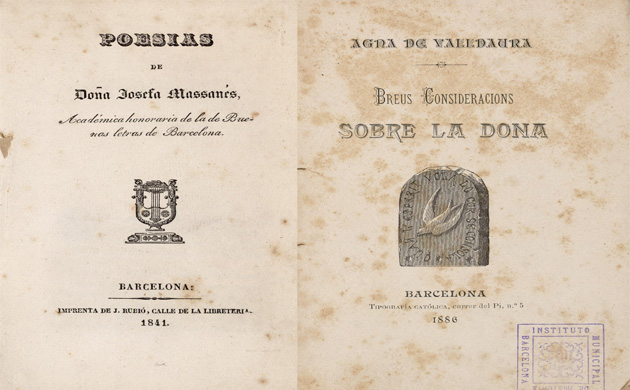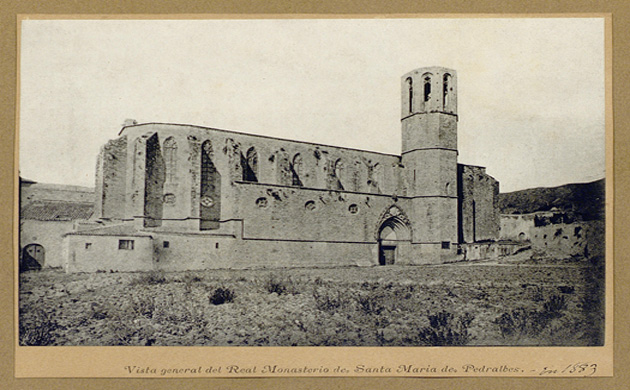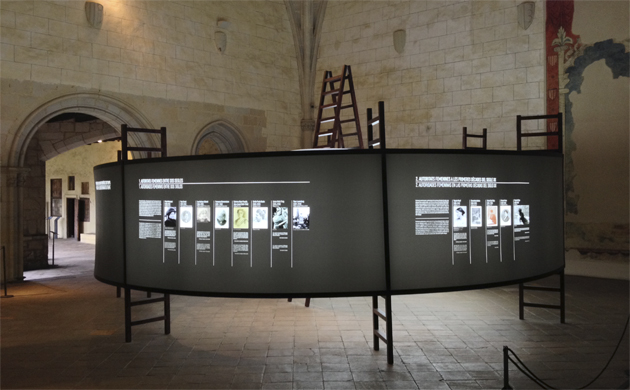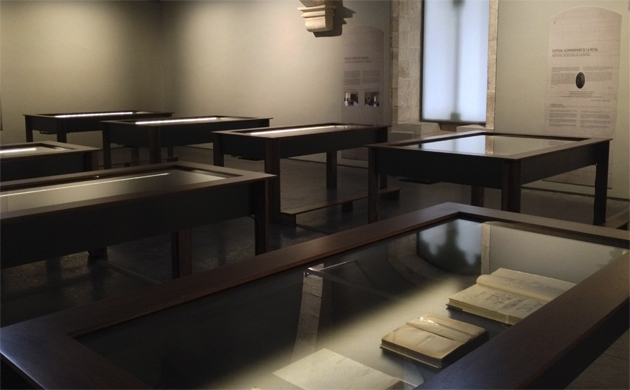Títol
Silenced Women. The legacy of Sister Eulalia Anzizu in the Monastery of Pedralbes
Mercè was the only daughter of Anzizu Vila, related to the family Bacigalupi and Girona. Self-taught, she was associated with maternal relatives, Eusebi Güell and her wife Isabel Lopez (daughter of the Marqués de Comillas) and spent her adolescence in the cultural environments of these patron families. At the age of 20 years, she took the decision to abandon the "material world", "to leave the Fatherland", as she said, to live in a "spiritual" world, and entered the convent of Poor Clares of Pedralbes.
Her concerns led her to participate in literary circles as a poet of the Renaissance. Thus, her value as a writer was recognized by the poet Jacint Verdaguer himself. Mercè Anzizu had a solid intellectual and critical spirit very unusual among the youth of her time. She had the opportunity to travel to Europe and meet the landscapes of Franciscan Italy that produced a strong spiritual impression on her. At the same time she saw her work recognized as a poet – she write indeed poetic compositions in the press, often – and advised by her mentor and spiritual director Jaume Collell, she professed in the Monastery of Pedralbes.
Her tireless labor in the convent, as well as her intellectual rigor, led to an intense work as an archivist, historian and great connoisseur of monuments. She never stopped writing poetry, although her volumes Poemes (1919) and Santa Clara d'Assís. Llegendari franciscà (1928) were published after her death. She also wrote biographies of Franciscan monks and translated other Franciscan works. Her intense work as an archivist and historian was collected in the enormous task of sorting the archive Pedralbes Monastery by herself, which resulted in the drafting of the book Fulles històriques del Real Monestir de Santa Maria de Pedralbes (1897) a historical monograph still a work of reference. The sensitivity of Sister Eulària towards the artistic heritage was showed even before she entered the doors of the monastery, when she showed her public opposition against the restoration of the facade of the cathedral of Barcelona. As a Clarissa nun she contributed especially to the awareness for the protection of a heritage that had indeed witnessed the life of the religious community. In this sense, sister Eulària donated much of her personal fortune to the restoration of the church and many other rooms of the monastery and also to the protection of movable property of the community through the creation of the first museum of the monastery.
Silenced Women. The legacy of Sister Eulalia Anzizu in the the Monastery of Pedralbes (1868-1916), wants to be somehow a sign of gratitude towards the legacy she left us. We present, contextualize, and especially claim the personality of a woman who, like her contemporaries, lived in an intellectually and culturally context, strongly masculine. That is why we say that somehow all they were "silenced, hidden, invisible, and forgotten" even though most had their own voice. The exhibition is divided into four areas representative of the work performed by Mercedes Anzizu / Sister Eulalia, inside and outside the monastery which we present as her legacy. The audiovisual De Mercè Anzizu a Sor Eulària Anzizu (1868-196). Una vida, completes and contextualizes the life and work of the Poor Clare of Pedralbes.






